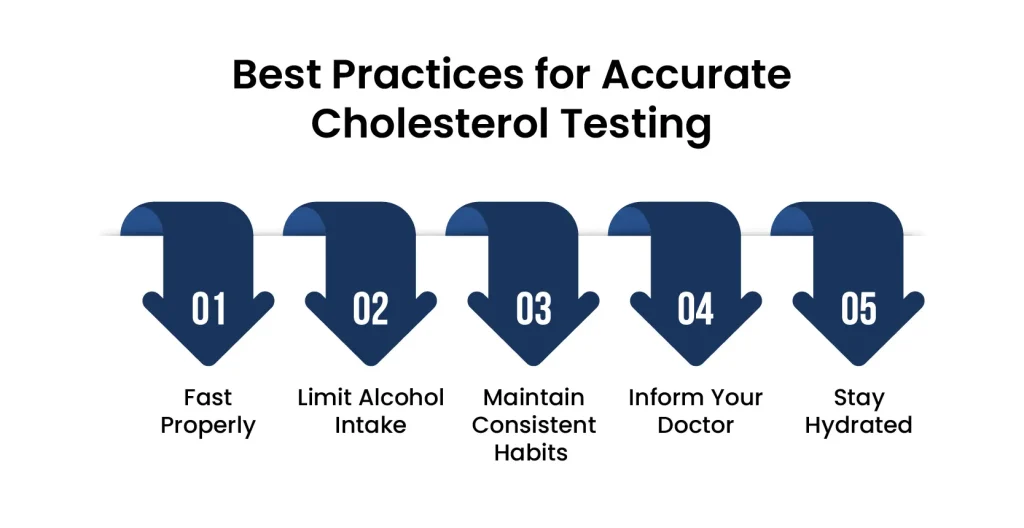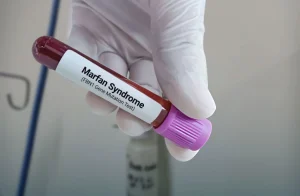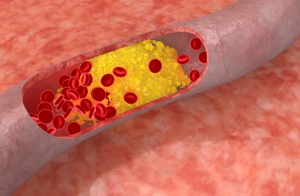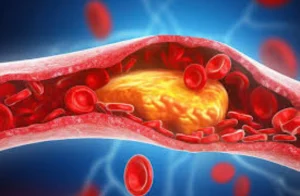Everything in moderation, they say, and when it comes to enjoying a drink, this old adage holds more truth than you might think. Whether you’re a wine enthusiast, a craft beer lover, or someone who occasionally enjoys a cocktail, it’s natural to wonder how your favorite beverages impact your health—particularly your cholesterol levels.
In this blog post, we’ll dive into the relationship between alcohol consumption and cholesterol, separating fact from fiction to help you make informed choices for a healthier heart. So, grab a seat (and maybe a glass of water), and let’s explore whether raising a toast could also be raising your cholesterol.
Is It True that Alcohol Affects Cholesterol?
Absolutely, alcohol can influence your cholesterol levels, but the relationship isn’t as straightforward as simply saying “alcohol raises cholesterol.” The impact largely depends on the amount and type of alcohol you consume, as well as your overall lifestyle and genetic factors.
Moderate Drinking and HDL Cholesterol
Interestingly, moderate alcohol consumption has been linked to an increase in high-density lipoprotein (HDL) cholesterol, often referred to as the “good” cholesterol. Higher HDL levels are beneficial because they help remove low-density lipoprotein (LDL) or “bad” cholesterol from your bloodstream, reducing the risk of heart disease.
For example, enjoying a glass of red wine with dinner has been associated with these positive effects, thanks to antioxidants like resveratrol that are thought to contribute to heart health.
Excessive Drinking and LDL Cholesterol
On the flip side, excessive alcohol intake can have detrimental effects on your cholesterol levels. Heavy drinking may lead to an increase in triglycerides, another type of fat in the blood that can raise the risk of heart disease. Additionally, excessive alcohol consumption can contribute to liver damage, which in turn affects how your body processes cholesterol and fats.
Type of Alcohol Matters
The type of alcoholic beverage you choose can also play a role. For instance, some studies suggest that red wine may be more beneficial for heart health compared to other types of alcohol due to its higher levels of certain antioxidants. However, it’s important to remember that these benefits are typically seen with moderate consumption.
Prevent heart problems before they start – Schedule a preventive checkup
Contact UsHow Much Alcohol Can Raise Your Cholesterol?
When it comes to enjoying a drink, finding the right balance is key—especially if you’re mindful of your cholesterol levels. But just how much alcohol is too much when it comes to affecting your cholesterol? Let’s break it down to help you make informed choices without having to give up your favorite beverages entirely.
Understanding Alcohol Consumption Levels
First, it’s important to define what we mean by “moderate” and “excessive” drinking. These terms can vary based on different health guidelines, but here’s a general overview:
- Moderate Drinking:
- For Women: Up to one standard drink per day.
- For Men: Up to two standard drinks per day.
- Excessive Drinking:
- Binge Drinking: Consuming four or more drinks for women, and five or more drinks for men, in about two hours.
- Heavy Drinking: Exceeding the moderate drinking guidelines consistently over time.
A standard drink typically contains about 14 grams of pure alcohol, which is roughly equivalent to:
- 12 ounces of beer
- 5 ounces of wine
- 1.5 ounces of distilled spirits (like vodka or whiskey)
Does Drinking Alcohol the Night Before Affect a Cholesterol Test?
Planning to get your cholesterol levels checked? You might be wondering if enjoying a drink the night before could skew your results. It’s a valid concern, especially if you’re aiming for accurate insights into your heart health. Let’s dive into how alcohol consumption might influence your cholesterol test and what you can do to ensure reliable results.
Understanding Cholesterol Tests
Before we tackle the impact of alcohol, it’s helpful to know what a cholesterol test entails. Typically, a lipid panel is performed after an overnight fast (usually 9-12 hours) to measure:
- Total Cholesterol
- Low-Density Lipoprotein (LDL) Cholesterol – often called “bad” cholesterol
- High-Density Lipoprotein (HDL) Cholesterol – known as “good” cholesterol
- Triglycerides – another type of fat in the blood
Fasting helps provide a clear picture of your baseline cholesterol levels without the immediate influence of recent meals.
Prevent heart problems before they start – Schedule a preventive checkup
Contact UsHow Alcohol Affects Cholesterol Levels
Alcohol can influence your lipid profile in both the short and long term:
- Short-Term Effects:
- Triglycerides Spike: Consuming alcohol can temporarily raise triglyceride levels. Since triglycerides are part of the lipid panel, this could potentially affect your test results.
- HDL Boost: Moderate alcohol intake might increase HDL cholesterol, which is beneficial. However, the extent of this boost from a single night’s drinking is usually minimal.
- Long-Term Effects:
- Chronic Consumption: Regular heavy drinking can lead to consistently elevated triglycerides and LDL cholesterol while lowering HDL cholesterol, increasing the risk of heart disease.
- Liver Function: Excessive alcohol intake can impair liver function, which plays a crucial role in managing cholesterol levels.
Should You Avoid Alcohol Before a Cholesterol Test?
Moderate Drinking: If you consume alcohol in moderation (up to one drink per day for women and up to two for men), having a drink the night before your cholesterol test is unlikely to cause significant inaccuracies. The transient changes in triglycerides and HDL are generally not enough to drastically alter your lipid panel results.
Heavy Drinking: On the other hand, heavy or binge drinking the night before can lead to more pronounced spikes in triglycerides and potentially affect other aspects of your lipid profile. This could result in a misleading assessment of your cholesterol levels and overall heart health.
Best Practices for Accurate Cholesterol Testing
To ensure your cholesterol test results are as accurate as possible, consider the following tips:

- Fast Properly: Follow your healthcare provider’s instructions regarding fasting. Typically, this means no food or drinks (except water) for 9-12 hours before the test.
- Limit Alcohol Intake: While moderate drinking is generally acceptable, it’s wise to avoid heavy drinking at least 24 hours before your test to prevent any temporary spikes in triglycerides.
- Maintain Consistent Habits: For the most reliable results, try to keep your alcohol consumption consistent in the weeks leading up to your test. Sudden changes can affect your lipid levels.
- Inform Your Doctor: Let your healthcare provider know about your alcohol consumption habits. This context can help them interpret your results more accurately.
- Stay Hydrated: Drinking plenty of water before your test can help ensure that you’re properly hydrated, which is important for accurate blood measurements.
Words By Author
Finding the right balance with alcohol can make a real difference in managing your cholesterol and overall heart health. Enjoying a drink now and then doesn’t have to derail your wellness goals, especially when done in moderation. Remember to pay attention to the types of beverages you choose and how they fit into your broader lifestyle.
By staying informed and making mindful choices, you can continue to savor your favorite drinks without compromising your heart. If you’re ever unsure, chatting with your healthcare provider can provide personalized guidance to keep your cholesterol levels in check while still enjoying life’s little pleasures.







